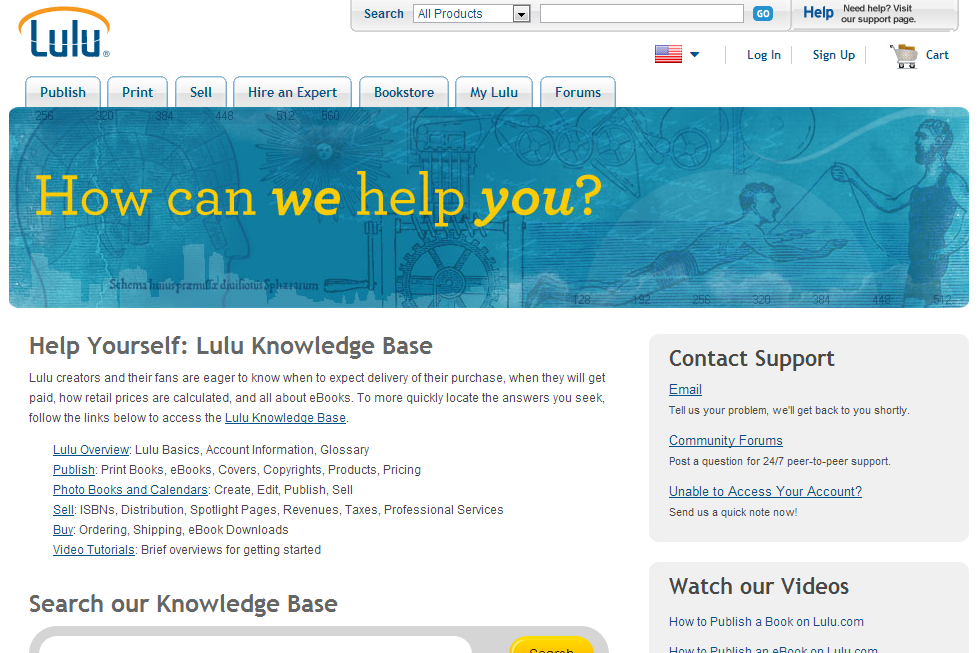At Google’s 15th anniversary, they announced that they have rolled out Hummingbird, an entirely new algorithm that helps Google interpret complex questions better. This new algorithm changed the way Google reads queries in that they now understand context and interpret meanings of complete sentences beyond the literal, allowing users to stop using targeted keywords for searches.
While this means more relevant search results for users and better services for Google, it also means that some of your local SEO campaigns may have been hit. This is especially the case if your strategy focuses on exact match keywords or if you are using old local optimization methods. If after Hummingbird, you noticed that your traffic has decreased, or if your campaign rankings fell down a few spots, it’s time to re-examine your strategy.
I want to share a few things that can help you recover your traffic if you think you’ve been “hit” by the Hummingbird algorithm:
Keep Creating Fresh Content Targeting Your Location
Regularly updating your site with fresh content targeting your service area still is one of the most effective ways to improve your local rankings. Coming up with content that is relevant to locals in your area helps drive more traffic while raising awareness about your website.
Sigalert.com shows a live interactive traffic map updated by their users, and offers a preview of the road conditions with their live traffic cam.
Some examples of doing this are creating interfaces that accept user-generated content, like the one from the image above; allowing users to comment on your pages / blog posts, or collecting and adding customer reviews to relevant pages in your website.
Create an FAQ Section
Hummingbird’s goal is to understand the context of complex queries and deliver answers based on both explicit and implied queries. Creating a new or updating your existing FAQ section is a great way of preparing for the advancement of Hummingbird.
Study what questions your target audience ask, check Analytics for their most popular queries as well, and build your FAQ around those questions. You’ll be hitting two birds with one stone – you’ll create quality, useful, and relevant content for your users, and you’ll be preparing your website for indexing and ranking locally. The way this works is when Google receives a query about a specific task or service, using Hummingbird, they will pick out how-to answers and FAQs from relevant local websites that may offer that kind of service or solution.
Self-publishing platform Lulu.com has an extensive Support section in their website, featuring FAQs, instructional videos, and forum support for their users.
Offer Unique Information
Giving research information and other types of data that your competitors can’t copy easily is one of the best ways to gain an edge over your competition, both in local SEO strategy and in general. We’ve done that with our Resource Center, which you can access from our nav bar above, and that’s just one way of doing it. Writing regular blogs with your research about your target industry, releasing downloadable studies and adding case study pages in your site – these all contribute towards your local SEO strategy while establishing you as an industry leader.
Our Resource Center is a good example of how you can add unique information to your website for your local SEO campaign.
These tips will help get your campaigns back on the right track and in the radar of Google’s Hummingbird algorithm. Talk to your account manager today for more tips, or sign up to become our partner today to get started on developing an effective local SEO strategy for your websites. Keep checking back for more updates!




